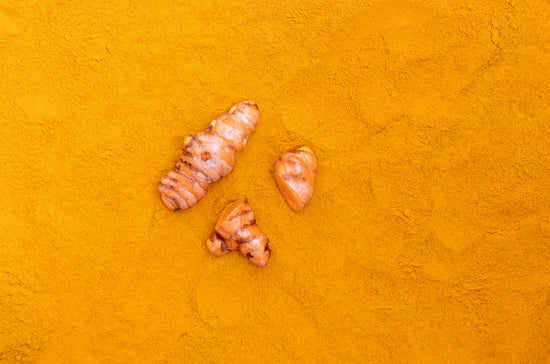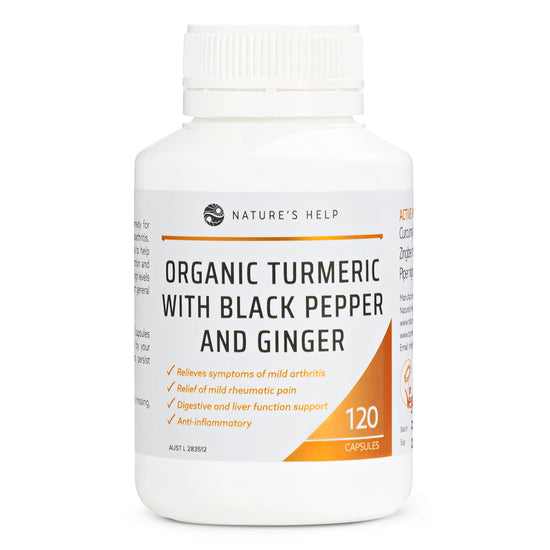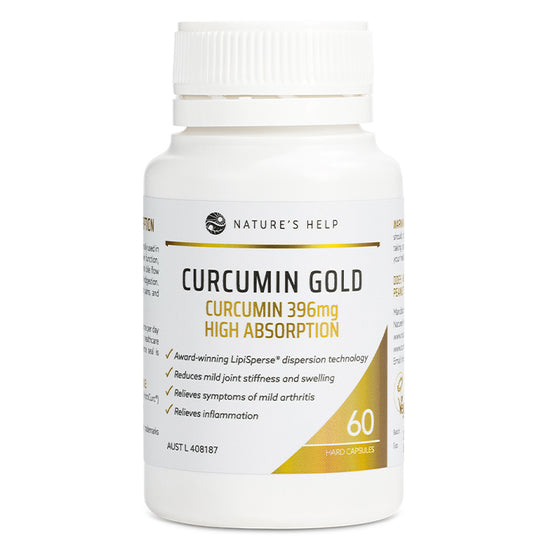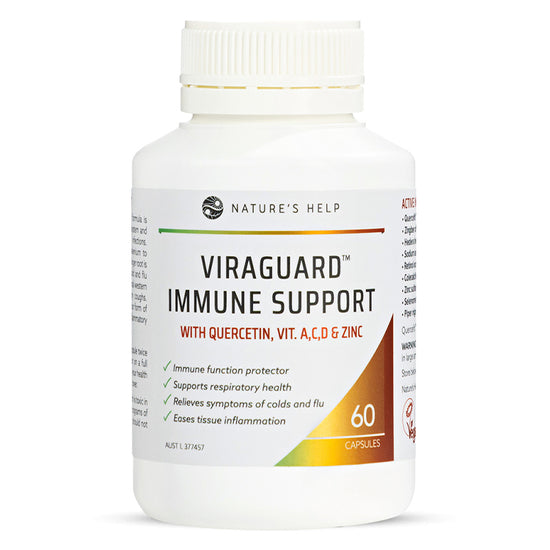What is Inflammation?
Inflammation is a defense mechanism in the body. The immune system recognizes damaged cells, irritants, and pathogens, and it begins the healing process. When something harmful or irritating affects a part of our body, there is a biological response to try to remove it.
This inflammatory response is generally referred to as acute inflammation and although the symptoms can be uncomfortable, it is a sign that the body is trying to heal itself.
Good Inflammation vs. Bad Inflammation
Often, acute inflammation is perceived as “good,” because it is the body’s attempt to heal itself after an injury, and chronic inflammation as “bad” but it has been said that this is not a very useful distinction. Whether acute or chronic, inflammation is the body’s natural response to a problem, therefore, when chronic inflammation is present, a look in one’s lifestyle should be performed to ascertain the possible cause.
What is Acute Inflammation?
Acute inflammation may present itself as:
- Pain: The inflamed area is likely to be painful, especially during and after touching. Chemicals that stimulate nerve endings are released, making the area more sensitive.
- Redness: This occurs because the capillaries in the area are filled with more blood than usual.
- Immobility: There may be some loss of function in the region of the inflammation.
- Swelling: This is caused by a build-up of fluid.
- Heat: More blood flows to the affected area, and this makes it feel warm to the touch.
These five acute inflammation signs only apply to inflammations of the skin. If inflammation occurs deep inside the body, such as in an internal organ, only some of the signs may be noticeable.
Acute inflammation is actually beneficial in the way the body heals itself, however, there is a secondary form of inflammation, known as chronic inflammation.
What is Chronic Inflammation?
Chronic inflammation is not part of the body’s natural healing process, it is a condition where dilated blood vessels and a hyped up immune system become the new norm. The human body is not designed to cope with this unfocused immune activity and research suggests that it may be a causative effect of many diseases and may even accelerate the ageing process in the average person.
Symptoms of chronic inflammation may present as the following symptoms:
- Fatigue
- Mouth sores
- Chest pain
- Abdominal pain
- Fever
- Rash
- Joint pain
Studies have suggested that chronic inflammation may be caused by factors such as; excess weight, poor diet, lack of exercise, stress, smoking, pollution, poor oral health, and excessive alcohol consumption.
Effects of Chronic Inflammation
Many studies are being conducted to understand the implications of chronic inflammation on the body, it is currently believed to affect the below;
• Heart
Chronic inflammation has been linked to cardiovascular diseases. Although it is not proven that inflammation causes cardiovascular disease, inflammation is common for heart disease and stroke patients.
• Diabetes
Chronic inflammation has been shown to affect insulin signalling, resulting in increased insulin resistance and spiked blood sugar. The spikes trigger white blood cells to attack, and inflammation continues.
• Lungs
Chronic inflammation in the lungs is a factor in many problems, such as asthma. When lungs are inflamed, fluid can accumulate, and the airways can narrow, making breathing difficult.
• Bones
Chronic inflammation has shown to be associated with increased bone loss and lack of bone growth. Furthermore, inflammation in the gut can decrease the absorption of nutrients that are important to bone health, like calcium and vitamin D.
• Mental Health
A 2015 study found that people with depression had 30% more brain inflammation than those who were not depressed. Furthermore, inflammation has been linked to symptoms of depression, including feeling down, loss of appetite and sleep problems.
How to Reduce and Fight Inflammation Naturally
• Food
There are many foods that have shown to have natural anti-inflammatory properties and with the rise in natural remedies, alternative therapies and eating for healthy diets, it is no surprise that more studies are being conducted on foods with healing properties.
The below foods have shown to possess high levels of natural anti-inflammatory properties:
- Tomatoes
- Olive Oil
- Fruit – Strawberries, Blueberries, Oranges
- Nuts – Almonds, Walnut
- Leafy Greens – Spinach, Kale
- Fatty Fish – Salmon, Tuna, Sardines
- Whole Grains – Brown Rice, Quinoa
- Herbs & Spices – Turmeric, Cinnamon, Cloves
Eating an anti-inflammatory diet also means staying away from foods that can promote inflammation. It’s best to minimize the amount of foods you eat that are high in saturated and trans fats, such as red meats, dairy products and foods containing partially hydrogenated oils
Although diet plays a large role in inflammation, other factors such as stress, vitamin deficiency and lack of exercise have also shown to increase inflammation.
• Natural Supplements
Thanks to a higher number of studies being conducted on natural supplements, medical professionals are recommending them as an alternative to prescription and pharmaceutical anti-inflammatories due to there being a lower risk of negative interactions.
• Our Favourite
Turmeric is one of the most popular natural anti-inflammatories and has been used for centuries in Ayurvedic medicine because of the combination of nutrients it possesses and their many benefits.
The curcuminoids found within Turmeric are the key inflammation fighting compound And have shown to block inflammatory cytokines and enzymes, including cyclooxygenase-2 (COX-2), the target of celecoxib (Celebrex).
What many people don’t realise, is that Turmeric is also jam-packed with over 15 other nutrients that are extremely beneficial for our bodies and aid in reducing the effects of inflammation.
Below we have listed these other key nutrients found naturally within the Turmeric root and how they assist our bodily functions.
Nutrients Found in Turmeric (Curcuma longa)
- Folate (Vitamin B9) is important because it plays a role in DNA synthesis and repair. It encourages cell and tissue growth.
- Niacin (Vitamin B3) can improve cholesterol levels and lower cardiovascular risks. Maintains skin health, supports brain function and helps joint mobility.
- Pyridoxine (Vitamin B6) plays a part in such major functions such as movement, memory, energy expenditure and blood flow.
- Riboflavin (Vitamin B2) plays a major role in energy production.
- Vitamin A plays a vital role in bone growth, reproduction and immune system health as well as being essential for eye and vision health.
- Vitamin C is necessary for the growth, development, and repair of all body tissues. It’s involved in many body functions, including the formation of collagen, absorption of iron, the immune system, wound healing, and the maintenance of cartilage, bones, and teeth.
- Vitamin E works to block free radicals from the body, which play a large part in the aging process.
- Vitamin K regulates normal blood clotting as well as transports calcium throughout the body to support bone health.
- Potassium is used to treat high blood pressure and preventing stroke.
- Calcium builds and maintains strong bones as well as maintain healthy muscle and nerve function.
- Copper makes red blood cells and keeps nerve cells and your immune system healthy.
- Iron is an important component of haemoglobin, the substance in red blood cells that carries oxygen from your lungs to transport it throughout your body.
- Magnesium is crucial to nerve transmission, muscle contraction, blood coagulation, energy production, nutrient metabolism and bone and cell formation.
- Manganese aids in the formation of connective tissue, production of sex hormones and aids in fat and carbohydrate metabolism, calcium absorption, and blood sugar regulation.
- Phosphorus is another important nutrient that helps build strong bones and teeth.
- Zinc is needed for the proper growth and maintenance of the human body. It is needed for immune function, wound healing, blood clotting, thyroid function.
Turmeric Nutritional Panel
Below you will see an analysis of the nutrients found within Turmeric. Everything from your daily % value to your vitamins and minerals, to your fats and proteins.
As with most things in life, it is about finding the balance to holistically heal your body and feel the best you possibly can.
This article is not intended to diagnose, treat, cure or prevent any disease. Results may vary from individual to individual.










